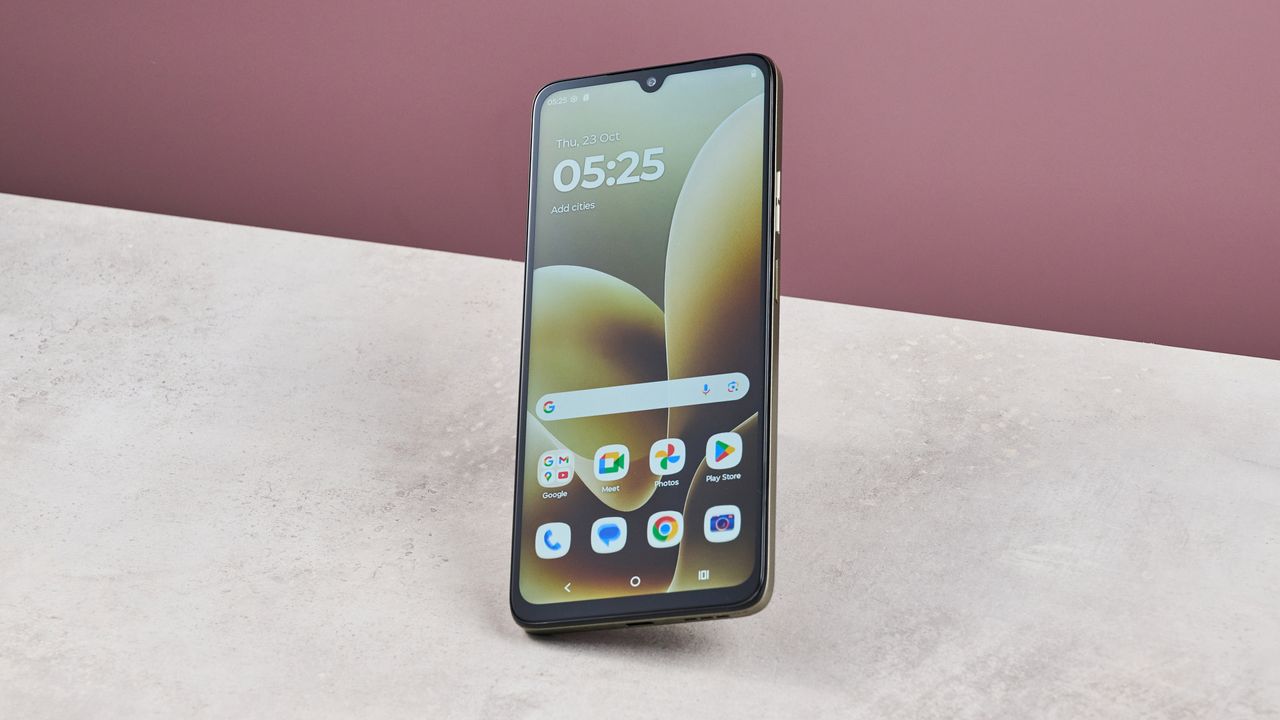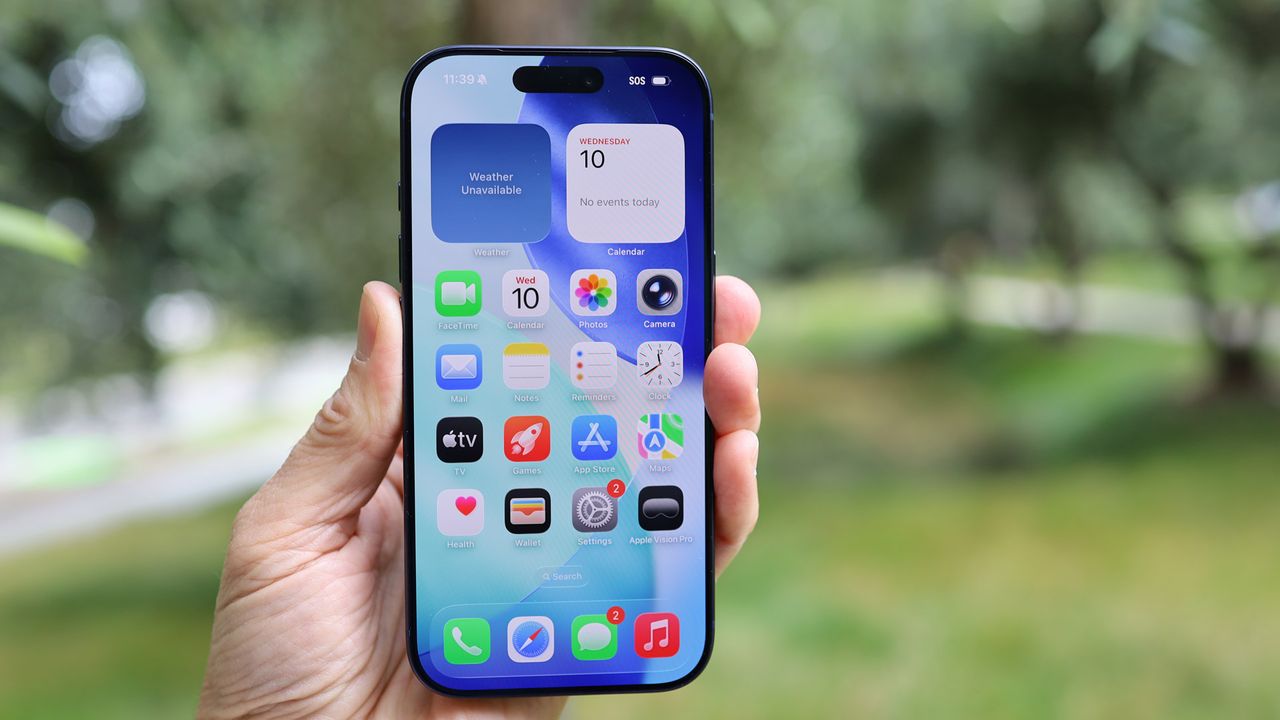
There is a growing debate about which music streaming service you should be using. If you use a lot of the products in the Apple ecosystem, you probably use Apple Music. But it seems that there are still more people listening to Spotify. Sure, there are other competitors out there, but those seem like the two that are competing the hardest. Spotify has recently filed for an initial public offering. The company has 71 million paying users (as of the end of December), but they have a total of 159 million users. These are the numbers that outpace Apple, Google and Tidal.
What does this mean exactly? Spotify will be offering a direct listing. In other words – its shares can be traded on the open market far sooner, than with a more conventional IPO. Spotify doesn’t intend to raise a large amount of capital with its IPO, which is a more traditional route. CNBC indicates that Spotify based on shares traded on private markets, the company could be worth as much as $23 billion. The filing gives us one of our best looks yet at Spotify’s finances, with the company posting revenue last year of €4,090 million (nearly $5 billion) and a net loss of -€1,235 million (or ~$1.5 billion) for the same period.

Also included is the latest update on Spotify’s total users, with 159 million monthly active users and 71 million paid Premium subscribers as of December 31st, 2017. Paid subscribers grew 46 percent year over year last year, while active users are up 29 percent. By comparison, Apple Music still only has 36 million paid subscribers, although it’s forecasted to potentially surpass Spotify by this summer.
How do they turn a profit though? Spotify is struggling because they pay extremely high licensing fees to music publishers, but then they don’t charge their users a lot. Spotify has looked at other things – like original content, but they’ve failed to make this a substantial revenue stream. Maybe this is why Apple is projected to surpass them over the next few months? But none of the revenue streams that Spotify currently utilizes are able to adequately cover the licensing demands of labels. Spotify has to continually negotiate the ability to have the same kind of music on their platform, which is why these profit margins are so small.

Back in November, Jimmy Iovine had said how difficult the music streaming business is. But why might this be? Well, I think this has a lot to do with the way that we consume media. Back in the 90s, we were all buying CD albums. You bought the entire album and therefore paid for all 10 or 12 songs that were on the CD. Then in the early 2000s, we got a taste of what it would be like if we didn’t have to pay for music. You might remember a little piece of software known as Napster? Napster allowed you to download whatever you wanted, whenever you wanted it. The great thing about this kind of service is that you didn’t have to download the whole album.
While Napster didn’t stick around for long, the way we decided to consume media started to change. People became more choosy about their music listening experiences. iTunes gave us the ability to download one or two songs at a time and pay for those a la carte. While Spotify is giving us a service that we want, it was really Netflix that sort of introduced us to this whole streaming industry. In addition to that, artists began demanding more for their recordings. And I honestly don’t really blame them. But what’s happening now is that these services aren’t going to turn a profit and eventually they’re going to go under and die off. Something’s got to give, but I’m not sure what it is. I don’t know that people have the appetite to pay more for the service either. So Spotify is going to have to figure this one out.



